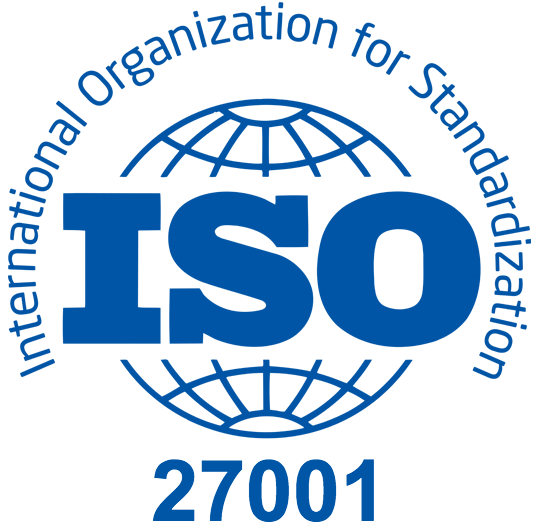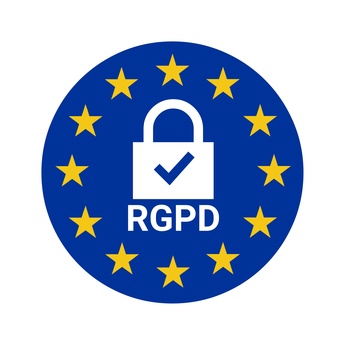Coffee – For most of us, coffee is our friend all week long at work. This delicate black beverage is sometimes touted for its benefits, sometimes criticised for being addictive. Here are 10 truths (or myths) about your favourite drink. You’ll never drink a cup of coffee the same way again!
1. Coffee Gives You Energy
Are you dozing off at your desk? The first thing you want to do is go poke around at the coffee machine to get rid of your fatigue. And you would be correct, because caffeine counters drops in energy and sleep in general. Once your body has absorbed it, caffeine blocks the sleepiness signal in your brain. An article published by ScienceDaily in 2008 shows that in 10 minutes, coffee makes you more alert and energetic.
2. Caffeine is Addictive
A whole week of work without a coffee break is no easy task for many of us. However, scientists agree: we can’t be dependent on caffeine. Although, if we don’t get our coffee, we will present withdrawal symptoms, such as migraines or fatigue.
3. All Types of Coffee Have the Same Properties
The type of coffee and the way it is prepared changes its characteristics. The caffeine content makes it more or less full-bodied, as well as the way it’s filtered. Whether you take your coffee black or with a splash of milk, know that Arabicas are less caffeinated than Robustas. With decaf, you can enjoy your coffee break guilt-free because of its low caffeine content.
4. Drink Your Coffee When You Wake Up
Who doesn’t love sipping their coffee right out of bed to wake up after a good night’s sleep? However, this is not the perfect time to drink it. In order to optimise the anti-fatigue effects of coffee, you should drink it when your body is producing less energy. According to the neuroscience researcher Steven Miller, drinking your coffee between 9:30 and 11:30am or 1:00 and 5:30pm is the ideal window.
5. Avoid Coffee During Pregnancy
When you are pregnant, everything you ingest is transmitted to the foetus. Too much caffeine may impact the brain’s development and the baby’s growth. So, you should limit your consumption of coffee when pregnant. The European Food Safety Authority recommends limiting your consumption to 2 cups per day, no more than 200 mg.
6. Coffee Sobers You Up
Did you ring in your promotion a bit too festively this weekend? Are you counting on coffee to start off the work week nice and sober? This is one myth that dies hard. Unfortunately, coffee has no impact on inebriation. It only gives you the illusion of a clearer mind.
7. Coffee Causes Cancer
Until 2016, coffee was on the WHO’s list of potential carcinogens. In fact, studies have shown that the problem is not the coffee itself, but how people drink it. When you drink your coffee too hot, it can burn your oesophagus. This may lead to inflammation, or even cancer.
8. Coffee Helps You Lose Weight
Coffee has very few calories. But it is quite a leap from there to say that it can help you lose weight. Like all beverages, it has a diuretic effect, but does not affect weight loss. If you want to slim down, try putting on your trainers and going for a morning jog.
9. Coffee Has Health Benefits
Coffee has antioxidants, magnesium and potassium. If you drink 3-4 cups per day, it will decrease your risk for cirrhosis, strokes and Parkinson’s disease, according to Robin Poole, a public health specialist at the University of Southampton.
10. Coffee Affects Everyone Equally
Of course not! Depending on our genetics, caffeine disappears more or less quickly from the body. And those who drink a lot of coffee develop a tolerance that makes them less susceptible to having trouble sleeping.



